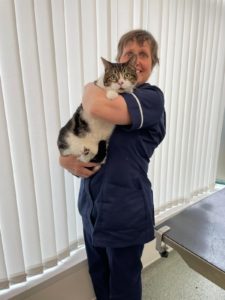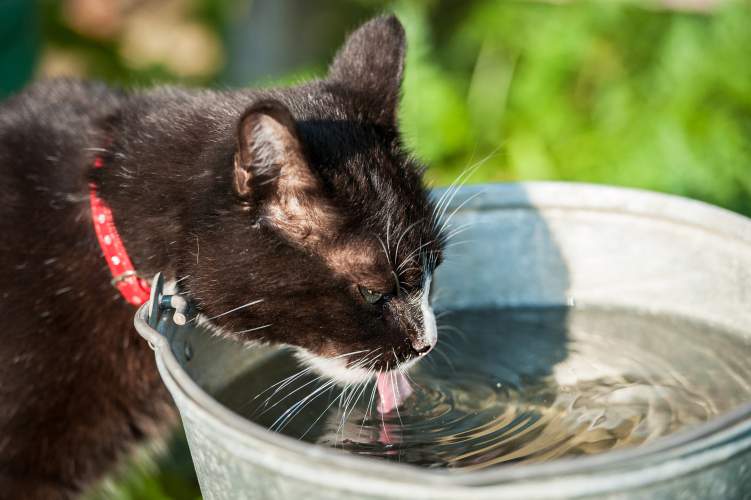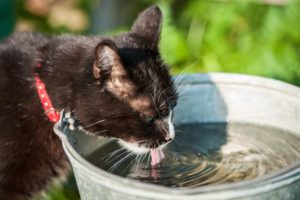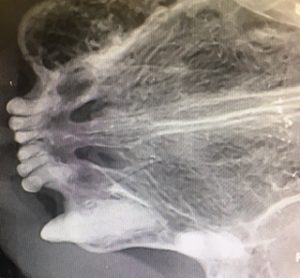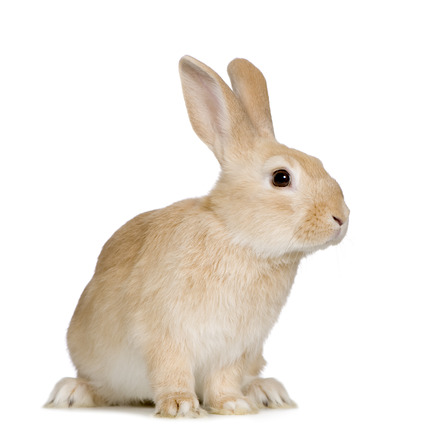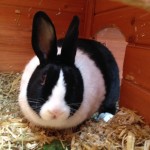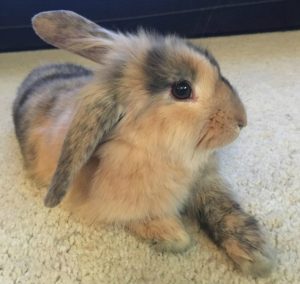Handling the heat!
Handling the heat! The summer has arrived, but it brings with it its own set of challenges for pet owners. We’ve put together some top tips to help support you and your pet at home throughout the summer season. Be the first to read our latest pet blog here.
From flies to heat stroke, these are all real concerns for many pet owners over the warmer months. Please take extra care if your pet is brachycephalic (meaning your pet has a shorter, flatter head) or if your pet is elderly. From cool mats to frozen water bottles or missing a walk, take care to consider your pets individual needs on the really warm days.
Don’t forget to keep a close eye on your rabbits, guinea pigs and indoor pets ensuring they have constant shade and close your curtains to help keep the heat out. If your pets cage is plastic you can place cool mats underneath the cage to help keep the temperature down.
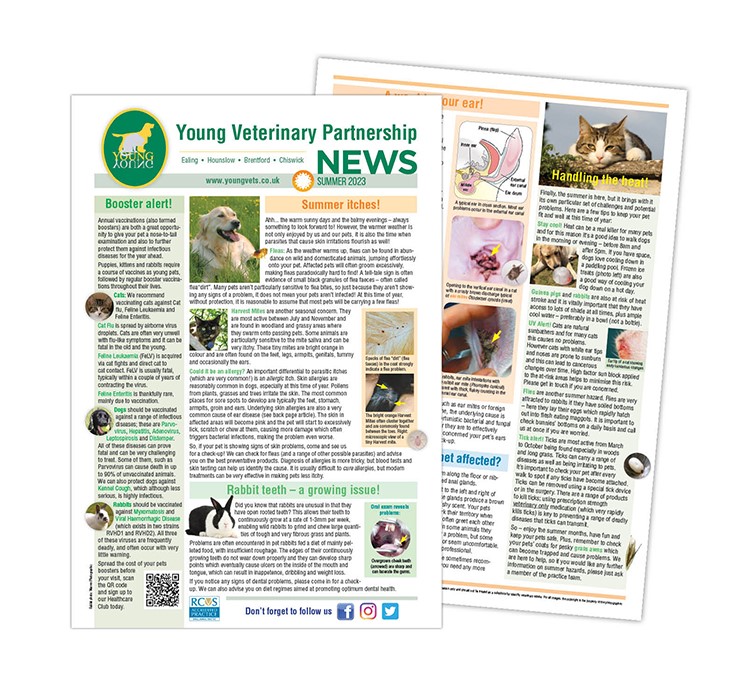
Booster alert!
Annual vaccinations (also know as boosters) are a great opportunity for our team to give your pet a nose-to-tail check up and answer any questions that you might have. Our Summer Pet Blog discusses the different conditions that we vaccinate against here in the UK.
We recommend vaccinations for both cats, dogs and rabbits to help keep them fit and well. The good news is booster vaccinations are included in our Pet Healthcare Club. Why not spread the cost of your pets healthcare essentials across affordable monthly payments on a date that suits you, join our Pet Healthcare Club here.
Could it be an allergy?
Our Summer News discusses the range of problems that the heat can bring with it for our pets! From parasites to allergies, does your pet get more itchy when the weather gets warmer? If you have concerns about your pets skin or coat condition don’t hesitate to contact our friendly team for more advice on your pets individual case. It can be difficult to cure allergies, but modern treatments can be very effective in making pets less itchy and managing their conditions.
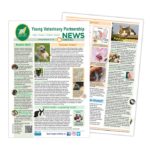
Handling the heat!
We hope you enjoy reading our latest Pet Blog, if you have a question on any of the articles mentioned please do not hesitate to contact our teams for more advice.

